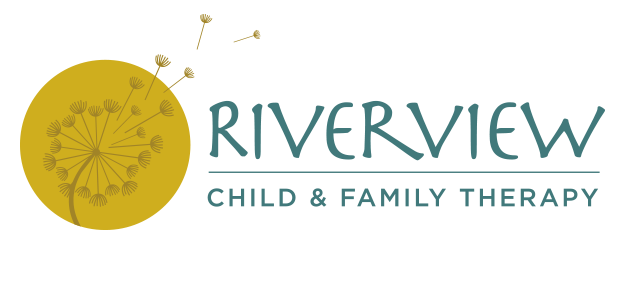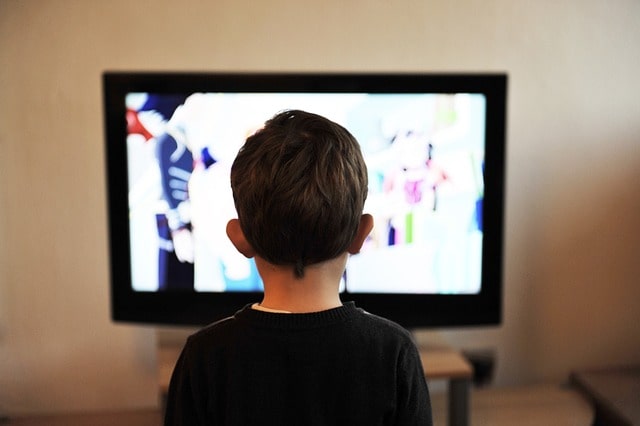In today’s digital age, children are more exposed to news about war and conflict than ever before. Whether through television, social media, or conversations with peers, the constant influx of disturbing images and stories can take a toll on their young minds. The psychological impact of being inundated with war news can manifest in various ways, affecting a child’s emotional well-being and development. In this blog post, we’ll explore the potential symptoms children may exhibit when frequently exposed to such news and provide some essential tips for parents to help their children manage anxiety in the face of these distressing stories.
The Impact On Young Minds:
- Anxiety and Fear: Children, especially those of a sensitive disposition, may experience heightened levels of anxiety and fear when exposed to graphic war news. The vivid imagery and narratives can make them feel unsafe and helpless, as they struggle to comprehend the magnitude of the events.
- Sleep Disturbances: Constant exposure to disturbing news can lead to sleep disturbances in children. Nightmares, night sweats, and difficulty falling asleep are all common symptoms of the anxiety that war news can trigger.
- Desensitization:Repeated exposure to violence and suffering can desensitize children, making them more accepting of aggression and conflict as a part of everyday life. This desensitization can be detrimental to their emotional development and their ability to empathize with others.
- Difficulty Concentrating: The emotional turmoil resulting from war news can also hinder a child’s ability to concentrate on their studies or activities. Their minds may be preoccupied with distressing images and thoughts, making it challenging to focus.
- Changes in Behavior: Children exposed to war news may exhibit changes in their behavior. They may become more withdrawn, agitated, or irritable, and their interactions with family and peers may suffer.
Tips For Parents:
- Open Communication: The most crucial step is to maintain an open line of communication with your child. Encourage them to express their feelings and concerns about the news. Be a listening, non-judgmental ear for them.
- Age-Appropriate Information: Tailor the news content to your child’s age and level of understanding. Shield them from excessively graphic or distressing content, and choose reputable sources that offer a more balanced perspective.
- Limit Exposure: Set limits on how much news your child can consume. This applies not only to the time they spend watching or reading news but also to the frequency of updates. Balance is key.
- Provide Reassurance: Offer reassurance and comfort. Remind your child that they are safe, and that many people and organizations are working to promote peace and resolve conflicts.
- Educate About Conflict Resolution: Take this opportunity to teach your child about conflict resolution, empathy, and the importance of peace. Encourage them to think critically and consider various viewpoints.
- Engage in Positive Activities: Encourage your child to engage in positive activities, such as hobbies, sports, or creative outlets. This can help them redirect their focus and reduce anxiety.
- Monitor Their Online Activity: Keep an eye on your child’s online activity and social media usage. Ensure they are not exposed to distressing content outside of your control.
- Seek Professional Help if Necessary: If you notice persistent signs of distress, anxiety, or behavioral changes that concern you, don’t hesitate to seek professional help from a child psychologist or counselor.
In a world where war and conflict are often in the headlines, it’s essential for parents to be proactive in helping their children manage the psychological impact of such news. By maintaining open communication, limiting exposure, and providing the right support, parents can equip their children with the resilience and coping skills needed to navigate these challenging times. With guidance and care, we can nurture young minds to better understand the complexities of the world, fostering hope, empathy, and a commitment to a more peaceful future.




